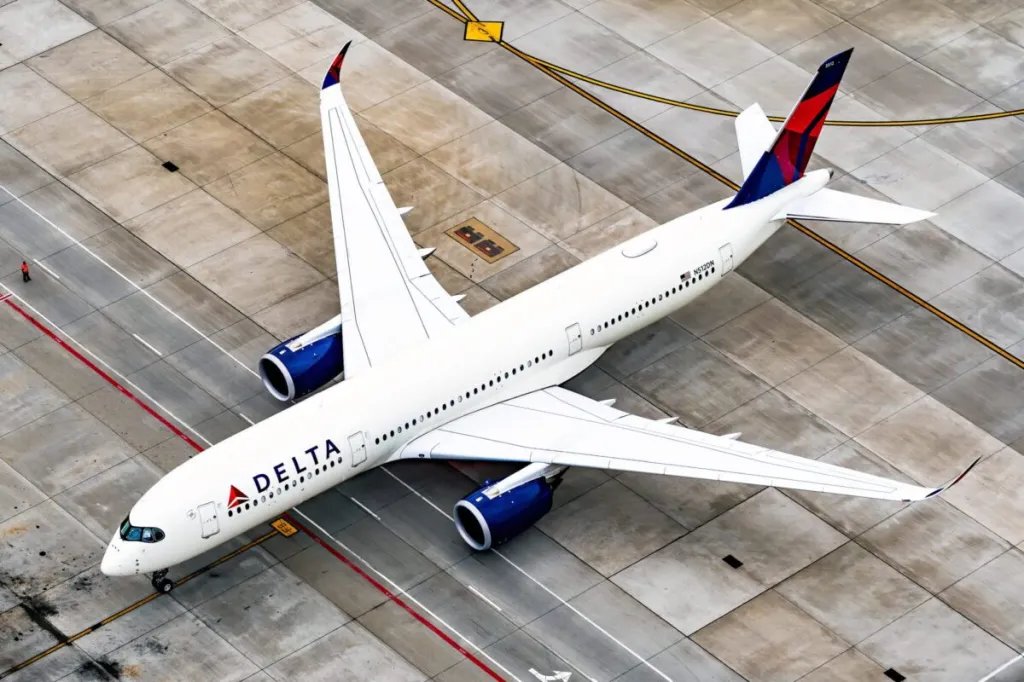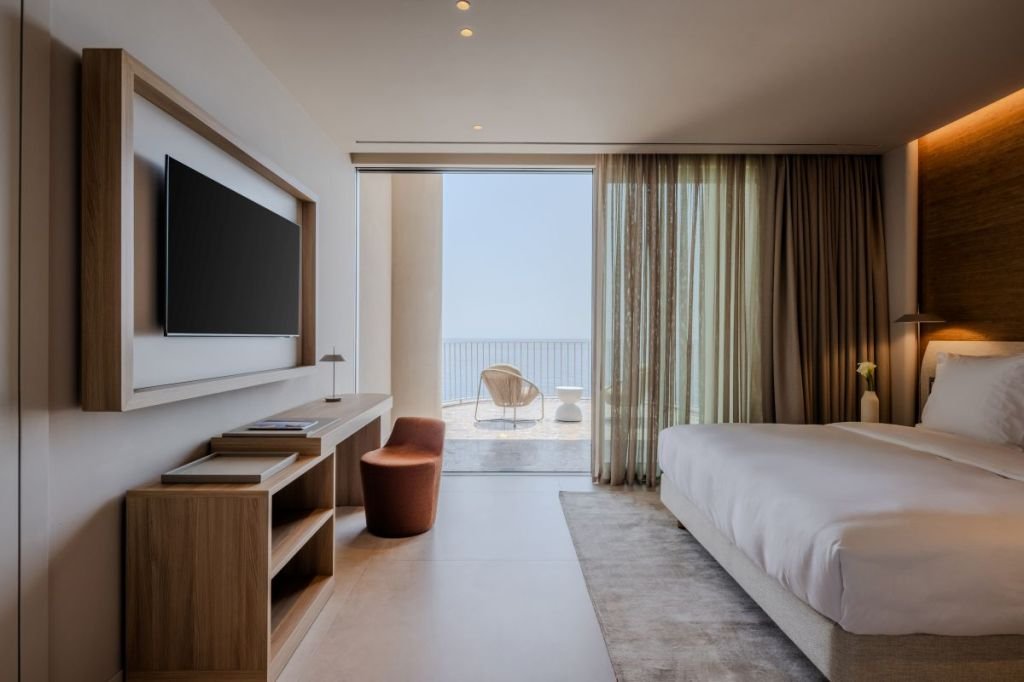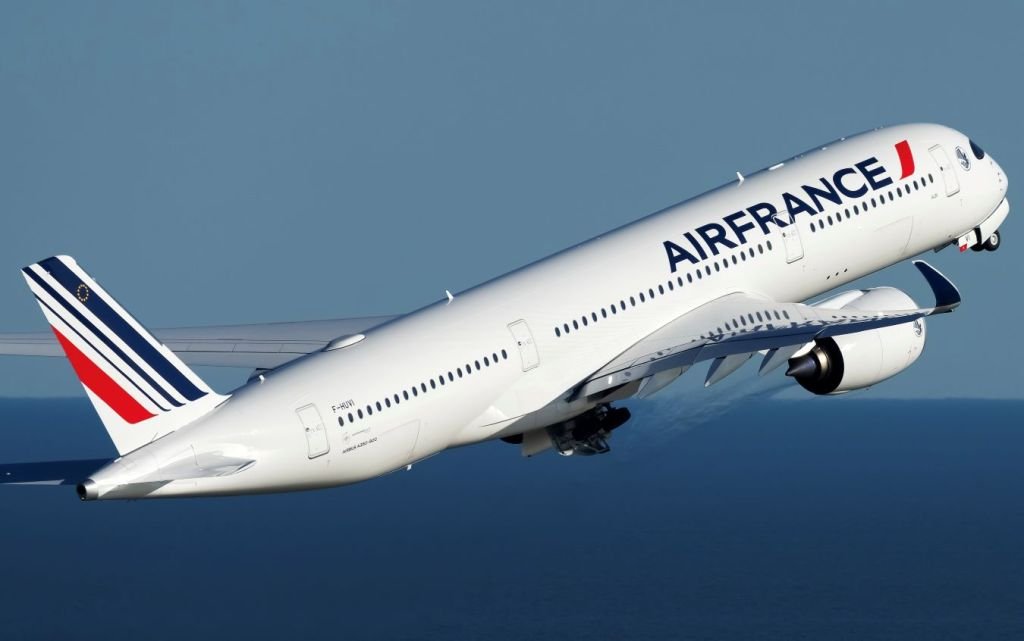Travel Market Insights
Luxury’s Ugly Truth and the Brands Doing it Right

The numbers reveal luxury’s uncomfortable truth: As LVMH celebrated nearly $100 billion in revenue for 2024 driven by ever-higher prices, the manufacturing base supporting that wealth was collapsing. More than 2,000 Italian factories closed in just nine months.
What’s more, Italian prosecutors recently uncovered labor violations at workshops that make clothing for Loro Piana, the storied cashmere house known for understated wealth. Not in a far-flung offshore supplier, but within the borders of Italy itself. Subcontractors in Piedmont were found exploiting undocumented Chinese laborers in sweatshop conditions. Loro Piana, majority owned by LVMH, told Reuters it had cut ties with the supplier and that it would strengthen its audits. But the fact remains: Garments priced like heirlooms were being created under circumstances better suited to a Dickens novel.
This problem is affecting hospitality, too. It might not be as severe, but the distance between promise and ground truth is troubling.
A friend recently checked into a cinematic Italian hotel for a special occasion. It was a property that regularly tops “best of” lists, and my friend paid over $3,000 a night. The setting was visually arresting, and the soft touches were impeccable. But the service was comically inept. There was no concierge follow-up and a sense that the hotel had maxed out on PR juice but minimized keeping up the standard.
At that price point, expectations aren’t just high, they’re existential. And yet, the veneer cracked.
We are living through the slow unraveling of luxury’s illusion. As demand has soared and price points have ballooned, too many brands have chosen to hollow out their offerings rather than elevate them. I believe in capitalism, but we must acknowledge that the system often incentivizes cutting corners over creating value.
Considered, Sustainable, Deeply Human
There has to be a better way, and fortunately, some brands prove that there is.
Brunello Cucinelli, whose name is often used as shorthand for soft cashmere and neutral color palettes, anchors his company on a belief in human dignity. Workers in Solomeo are paid generously and treated with care. It is forbidden for people to work beyond the specified hours. A generous lunch is catered for the craftspeople. The result isn’t just ethical; it’s perceptible in the product.
Singita, a South African hospitality company, aligns luxury with conservation, threading together land preservation, community development, and some of the most considered nature experiences on the planet.
In 2025, Singita’s leadership reaffirmed its commitment to its 100-Year Purpose: to steward nearly one million acres of wilderness across Africa. This isn’t a marketing line, it’s operational doctrine and it is humble in its service to nature. Every lodge supports biodiversity and conservation initiatives, from rhino relocations to anti-poaching canine units. Community partnerships span early childhood education, youth culinary training programs with 95% job placement, and local economic development. Values pull through the entire brand.
We’re talking about the long game: hospitality designed over decades, not seasons. Service is intentional, soulful, and rooted in something far deeper than spreadsheets.
In Bali, Potato Head is redefining what a beach resort can be. Elegantly restless, they’re always pushing the envelope, whether it’s building with recycled materials, rethinking food systems, or collaborating with forward-thinking artists and designers. But what makes it remarkable is that this experimentation is grounded in an ethical lens.
It’s not disruption for a PR hook’s sake; it’s a continuous, creative pursuit of better ways to host, to nourish, and to inspire, without compromising the planet or the people who power the experience. At last count, Potato Head had diverted over 97% of its waste from landfills, and perhaps most importantly, they teach other properties how to do the same.
These are belief systems made operational. And they have soul.
I’ve been tracking these brands for some time. Who are the new people and places that will carve out the new path? Those that push but also act with humility and in the true spirit of hospitality.
If you’re spending $3,000 a night on a hotel, or dropping $7,000 on a coat, don’t you want to know that it was made with care, purpose, and an eye toward the future?
The illusion is crumbling. But what rises in its place can be something better: considered, sustainable, and deeply human.
We have a choice. As consumers, we can redirect our dollars, our endorsement, to those who treat luxury not as a performance, but as a duty and something rooted in craft, dignity, and attention to detail.
The travel industry’s top event returns this fall.
September 16-18, 2025 – NEW YORK CITY
Travel Market Insights
Delta Says It Will Not Use AI to Target Customers

Key Points
- Delta Air Lines clarified it does not use AI to set individualized airfares based on personal data, following criticism from lawmakers.
- The airline uses AI, via a partnership with Fetcherr, to assist in dynamic pricing for a growing portion of its domestic flights, but claims all fares are determined by market dynamics and are publicly available.
- Lawmakers and officials have expressed concerns about potential predatory or ‘surveillance’ pricing, prompting Delta to stress its commitment to fair, competitive pricing and data privacy.
Summary
Delta Air Lines has publicly stated that it does not use AI to set individualized prices based on personal customer data, responding to recent criticism and inquiries from U.S. lawmakers. The airline acknowledged using AI technology, through a partnership with Fetcherr, to assist analysts in setting fares for a portion of its domestic flights, with plans to expand this use. However, Delta emphasized that fares are determined by market competition, not personal data, and all prices are transparently published, aiming to dispel concerns about privacy and potential predatory pricing.
Travel Market Insights
U.S. Dollar Slide Hurts Accor, Minor, and Meliá

Some of the world’s largest hotel companies saw their earnings dented by currency swings in the first half of 2025, as euro and baht-reporting groups absorbed losses while U.S.-based chains appeared largely insulated from the volatility.
Accor, Meliá Hotels, and Minor International all reported currency-related losses that offset solid operational performance. Meanwhile, U.S.-based Hilton and Wyndham, which report in dollars, did not mention foreign exchange impacts in their earnings calls and appeared shielded from the same pressures.
The U.S. dollar index dropped 10.8% in the first half of 2025 following the Trump administration’s April tariffs and public clashes with the Federal Reserve. The resulting investor pullback caused the dollar to weaken sharply against the euro, baht, and other currencies.
Accor: Currency Among Its Biggest Headwinds
Paris-based Accor repo
Travel Market Insights
Winners, Losers, and Lots of Premium Seats: Europe’s Airline Scorecard

Skift Take: Premium cabins still drive profits, but it's the low-cost threat that keeps Europe's legacy carriers up at night.
-

 Brand Stories2 weeks ago
Brand Stories2 weeks agoBloom Hotels: A Modern Vision of Hospitality Redefining Travel
-

 Brand Stories1 week ago
Brand Stories1 week agoCheQin.ai sets a new standard for hotel booking with its AI capabilities: empowering travellers to bargain, choose the best, and book with clarity.
-

 Destinations & Things To Do2 weeks ago
Destinations & Things To Do2 weeks agoUntouched Destinations: Stunning Hidden Gems You Must Visit
-

 Destinations & Things To Do7 days ago
Destinations & Things To Do7 days agoThis Hidden Beach in India Glows at Night-But Only in One Secret Season
-

 AI in Travel2 weeks ago
AI in Travel2 weeks agoAI Travel Revolution: Must-Have Guide to the Best Experience
-

 Brand Stories4 weeks ago
Brand Stories4 weeks agoVoice AI Startup ElevenLabs Plans to Add Hubs Around the World
-

 Brand Stories3 weeks ago
Brand Stories3 weeks agoHow Elon Musk’s rogue Grok chatbot became a cautionary AI tale
-

 Asia Travel Pulse4 weeks ago
Asia Travel Pulse4 weeks agoLooking For Adventure In Asia? Here Are 7 Epic Destinations You Need To Experience At Least Once – Zee News
-

 AI in Travel4 weeks ago
AI in Travel4 weeks ago‘Will AI take my job?’ A trip to a Beijing fortune-telling bar to see what lies ahead | China
-

 Brand Stories4 weeks ago
Brand Stories4 weeks agoChatGPT — the last of the great romantics













You must be logged in to post a comment Login